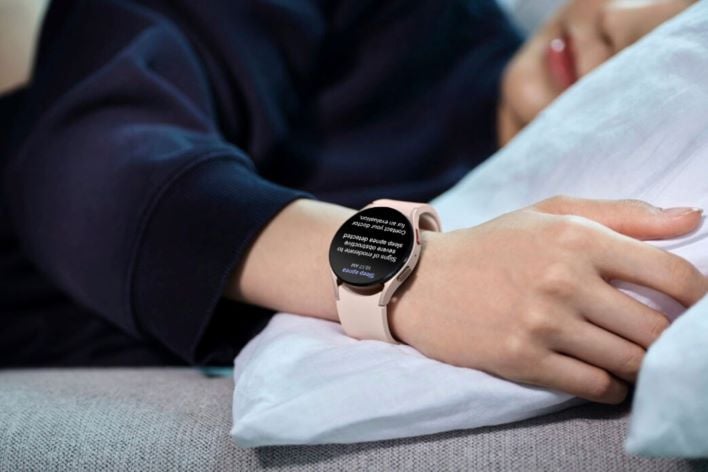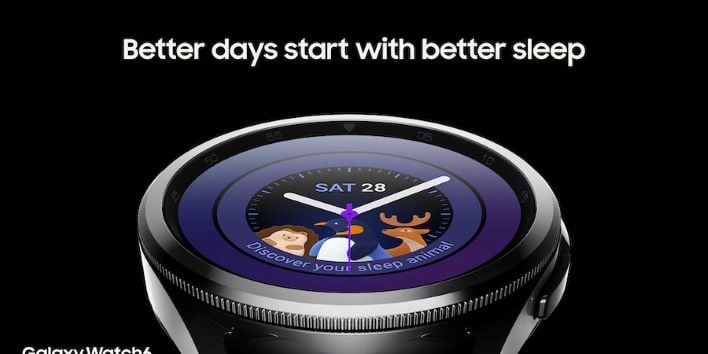FDA Approves A Unique Samsung Galaxy Watch Feature That Could Save Your Life

Not long after receiving approval from the South Korean Ministry of Food and Drug Safety, Samsung has gotten a De Novo nod from the FDA to use wearable devices to detect breathing interruptions, becoming the first such device(s) to receive the certification. De Novo in FDA parlance describes a classification for new low- to moderate-risk technology seeking market approval.

Samsung's FDA approval is likely to open up the gates to other companies like Apple, Google, and WIthings that have sought to include similar sleep apnea detection tools in their products. The sleep apnea detection function is set to roll out in South Korea first, with the US following in the third quarter of 2024 via the Samsung Health Monitor app. Of course, it must be stressed that general tech like smartwatches cannot match medical-grade devices and in-person doctor visits to detect or diagnose health disorders like sleep apnea.
To utilize the function on Samsung Watches, users need to at least track their sleep twice for more than four hours within a 10-day period. By measuring things like a wearer's SpO2 (blood oxygen) levels as well as how loud they snore throughout the sleep cycle, the Galaxy Watch can ascertain common signs of sleep disorders, such as obstructive sleep apnea (OSA).
This is a great addition and one that we hope catches one with other smartwatch makers. Many of us know at least someone in the family with OSA or OSA-like symptoms. According to the National Sleep Foundation, about 25-percent of men and 10-percent of women in the US suffer from moderate to severe OSA that require some sort of medical intervention, such as a CPAP machine.

